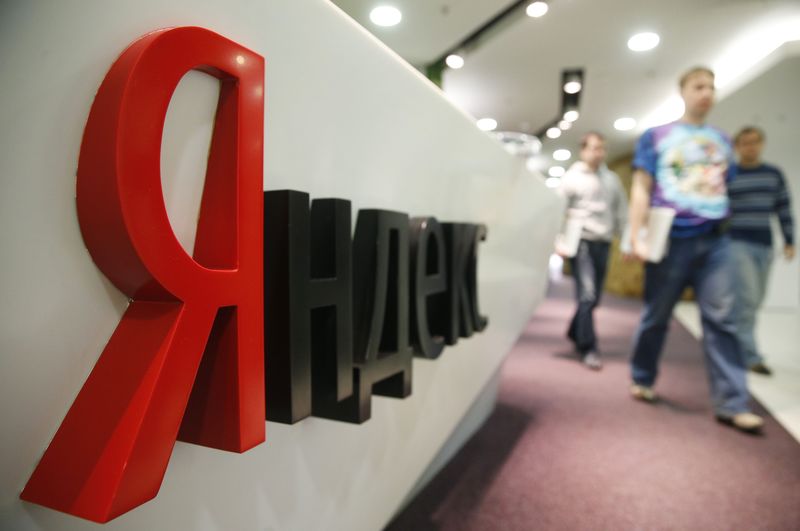(New throughout)
By Kate Duguid
NEW YORK, Aug 30 (Reuters) - The euro EUR= fell below
$1.10 on Friday to its weakest since May 2017 as a multi-day
downward shift in the single currency intensified in afternoon
trade.
Traders had varied explanations for the drop, including that
month-end rebalancing of portfolios heightened an existing bias.
The longer-term trend, which has seen the euro fall 0.90% in
August, has been driven by an economic slowdown in Europe among
other factors.
"We had a quick 50-odd point drop, which seems to be
month-end related. Clearly the euro has been quite soft for some
time. We touched below $1.10 earlier in August and we've
struggled really to rebound from that point. The underlying
softness that we've seen persist in the past month seems very
much intact," said Shaun Osborne, chief foreign exchange
strategist at Scotia Capital.
The move also began shortly after President Donald Trump
tweeted that the euro was dropping "like crazy" and lamented the
state of the U.S. dollar, attributing its strength to Federal
Reserve policy. A weaker dollar would send the euro higher,
suggesting the tweet did not have a direct effect on the pair.
The euro was last trading at $1.0976 against the dollar, down
0.71% on the day.
Poor euro zone economic data on Thursday reinforced views
that the European Central Bank would cut its benchmark interest
rate and announce a new round of quantitative easing at its
September meeting. Christine Lagarde, the ECB's next president,
said the central bank still has room to cut rates if necessary,
though divisions remain within the ECB.
"There still seems to be a debate in the ECB if there will
be a significant burst of easing or a more measured move next
month," said Osborne.
At the September meeting, "we think rate cuts at least,
though it may not be the time for renewed QE."
As the dollar rose, the offshore Chinese yuan headed toward
its biggest monthly decline in 25 years as the two countries
prepared for the implementation of new retaliatory tariffs on
Sunday.
The dollar index .DXY was 0.38% higher at 98.884, closing
the month little moved after having been whipped around by trade
headlines. Against the dollar, the offshore yuan CNH= was
0.28% weaker at 7.163, set for a 3.69% fall in August, it's
biggest monthly drop since 1994.
An additional 5% tariff on $125 billion of goods from China
is slated to kick in on Sunday. Investors fear the intensifying
trade dispute could lead the U.S. economy into recession.
